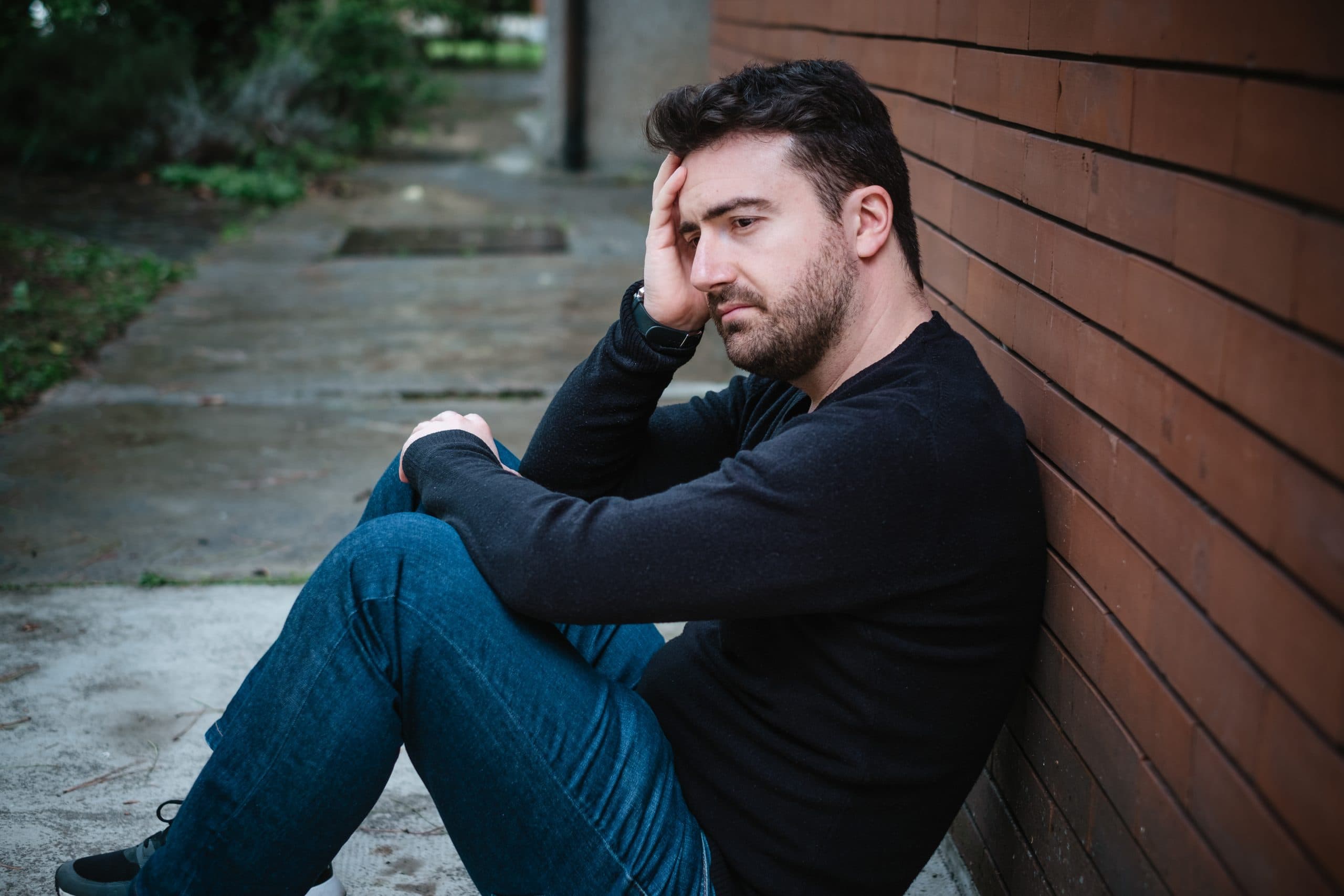High conflict in parenting cases
In any parenting case, the “best interests” of the children are the “paramount consideration” for the Court.
That means that who the children “live with”, how much “time they spend” with the other parent, and which parent has decision-making responsibilities (i.e. “parental responsibility”) will be determined by reference to what is in the “best interests” of the children, rather than what is “fair” for the parents.
Where there is very high conflict between separated parents, this can have a negative impact on many factors which are relevant to the consideration of what is in the “best interests” of the children.
Parental Responsibility:
One of the most important decisions the Court has to make is whether the parents should share parental responsibility for the children, and if so, how it should be shared. So what is “parental responsibility”?
The Family Law Act says that “parental responsibility” means all the duties, powers, responsibilities and authority which, by law, parents have in relation to children.
“Parental responsibility” covers day-to-day decision making in relation to a child (such as bedtimes, meals, etc) and also “major long-term issues”. Major long-term issues include issues such as education, religious and cultural upbringing, health, the child’s name and significant changes to the child’s living arrangements.
How the Court decides which parent has Parental Responsibility:
The court must apply a presumption that it is in the ‘best interests” of the child for the child’s parents to have “equal shared parental responsibility” for the child.
This presumption:
- does not apply if there are reasonable grounds to believe that a parent of the child has engaged in abuse of the child or “family violence”; and
- may also be rebutted by evidence that satisfies the court that it would not be in thebest interests of the child for the child’s parents to have equal shared parental responsibility for the child.
When parents have “equal shared parental responsibility” they must make joint decisions in relation to major long-term issues affecting the child, but each parent can continue to make their own day-to-day decisions.
If the presumption of equal shared parental responsibility does not apply or is rebutted, then the Court may decide that one parent has “sole parental responsibility”, either for all of the major-long term issues concerning the child, or only in relation to specific issues. This means the parent with sole parental responsibility can make unilateral decisions about issues such as health, education and religion.
Impact of Parental Conflict on Children and Parental Responsibility:
High conflict between separated parents is a relevant consideration when the Court decides how parental responsibility should be allocated between the parents.
This is because, if the parents have equal shared parental responsibility, they are required to make joint decisions about major long-term issues. So, if the track record of the parents suggests that there is a high probability of disagreement and deadlock when it comes to making those types of decisions, the Court may decide that it is better for the children if only one parent has that decision making power – because the likelihood of conflict can prevent important parenting decisions being made in a timely manner, and/or can cause the child to suffer stress, emotional harm and other consequences from being exposed to protracted conflict and arguments between the parents.
Case Example:
A recent case demonstrates how parental conflict can lead to a parent being disentitled from being involved in decision making and therefore the other parent having sole parental responsibility for making decisions – in this case about the children’s education.
The Facts
The case involved 2 children – a girl aged 7 and a boy aged 5. The mother alleged that the father had been abusive and violent throughout the relationship, which the father denied. In particular the mother alleged that the father had been financially controlling, for example:
- during the relationship he refused to provide her with regular income for household and living expenses and there were periods when she was without a motor vehicle – including a period where the motor vehicle was left in a parking station for 12 months because the father refused to pay for its re-registration;
- after separation the father from time to time refused to pay the children’s private school fees unless the mother reverted to using her maiden name. The father had paid one half of the child’s school fees and the mother had no financial capacity to pay the other half;
- the father did not pay child support to the mother despite an assessment by the Child Support Agency, and he had resigned from his well-paid employment;
- the paternal grandfather provided some funds to the mother to assist with her rent and living expenses. The father said to her “the money will continue if I am happy with the access arrangements” but then the payments from the paternal grandfather ceased.
The Court’s Decision
The Judge decided that the father’s manipulation and coercive use of the issue of private school fees placed the children at risk of being removed from their current school enrolments, or being expelled for non-payment of fees, in circumstances where such removal would have an adverse impact on the children.
For this reason, the Court decided that the mother should have sole parental responsibility for schooling and educational issues so as to remove from the father the ability to manipulate and coerce the mother as he had done previously.







